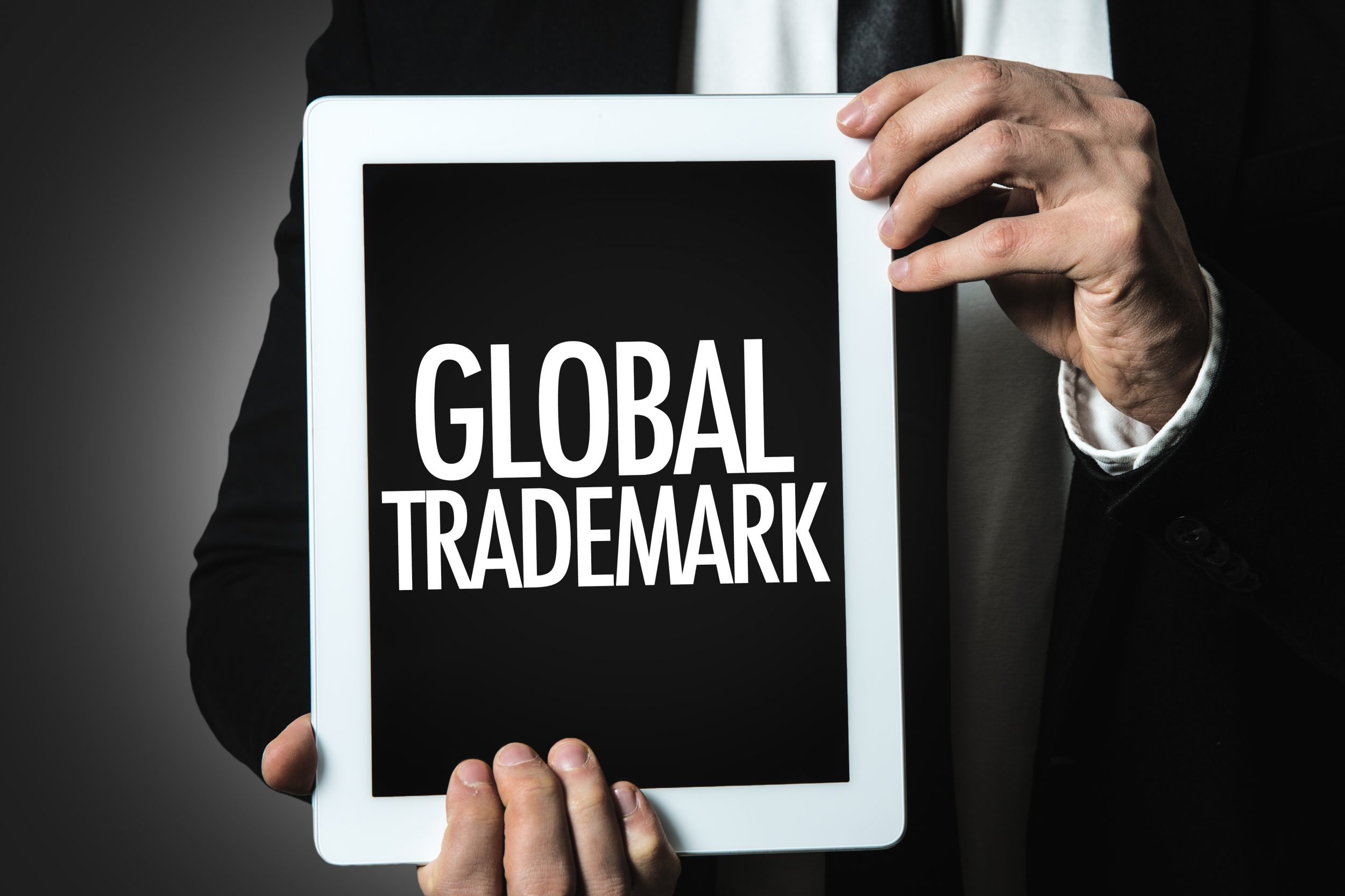International Trademark Rights: What Do I Need to Know?

As a business owner or entrepreneur, you understand the importance of having a federally registered trademark in the United States. You are aware of the protections it provides your brand, and the value it holds as an asset to your business.
In today’s global marketplace, it is often critical to protect your brand, not just in the United States, but internationally. Whether you own an online retail shop or a digital commerce business, if you have online exposure, it is important to understand how trademark protection works outside the borders of the United States.
Does My US Trademark Protect Me in Other Countries?
In short, no. Trademarks are national in scope, and owning a federal trademark in the United States does not necessarily grant you any rights to the mark’s use in another country. This means that any trademark disputes that may arise in another country likely won’t be protected by your United States trademark. In addition, you may not have control of your own brand’s reputation in another country.
Choosing not to register your trademark internationally could have costly consequences. Your brand’s reputation, both in the U.S. and internationally, depends on your ability to control it. Just as businesses with global reach have emerged in the last decade, so have people trying to profit from other’s brands overseas. According to the U.S. Chamber of Commerce, counterfeiting in places like China and Hong Kong is a multi-billion dollar industry. Cybersquatting, the act of purchasing a domain name in order to ransom it to its rightful owner, has also skyrocketed in recent years. Whether you plan to manufacture goods overseas or your online retail shop reaches customers in Europe, you should consider registering your trademark internationally.
Do you need assistance in a trademark matter?
Gerben IP has registered over 7,300 trademarks since opening our doors in 2008. We work with clients from all 50 states and 30+ countries around the world. Contact us today for a free consultation with a trademark attorney.
How Do International Trademark Laws Differ from the United States?
The most significant difference in trademark law in countries outside the US is how trademark rights can be established. For example, in the United States, trademarks rights are typically reserved for the first person to use the mark, even if that person is not the first to register it. Canada, Italy, and a host of other countries also implement ‘first-to-use’ laws regarding trademarks.
On the contrary, other countries, such as China, Mexico, and Vietnam, grant rights to the first person to file for the trademark. This means that anyone, regardless of their intent to use the mark, could gain trademark rights if they are simply the first person to file a trademark application. The most common example is China. There are many times the US owner of a brand decides to seek registration in China only to find out someone else has filed for the brand. The cost of dealing with this type of issue is astronomical compared to the cost of having just filed the trademark application earlier.
Other differences in intellectual trademark law are a bit more subtle. China, for instance, has a longer than average wait time for a trademark application to be registered and has different ways of categorizing goods and services than most other countries. Other countries, like India and the United Kingdom, will not allow any trademarks that could be seen as offensive or contrary to the public order.
How Can I Register My Trademark in Another Country?
Beginning the process to register your trademark in another country—or even multiple countries—can seem like a daunting task. Fortunately, the process may be easier than you think. While there is simply no one international trademark application that grants you trademark ownership across the board, an international treaty, the Madrid Protocol, has simplified the process considerably.
If you plan to apply to any of the 90 countries affiliated with the Madrid Protocol, you are able to fill out only one application, in one language, with the World Intellectual Property Organization, or WIPO. There is still a cost to file in each individual country so many businesses will pick the country or countries that are most likely to be a concern for that particular issue. With that said, while the Madrid Protocol streamlines the application process, it does not guarantee that your trademark registration will be approved in every country in which you apply. Each country will still review the application itself and you may need to find a local attorney to respond to any particular issues found in each country. This is why using a trademark law firm to make this filing can be helpful as we have relationships with local counsel to quickly address most common issues.
Finally, keep in mind that not all countries are affiliated with the Madrid Protocol. If you wish to file with a non-member country, you will need to file an application with that country’s trademark office directly through a local attorney in that particular country.
Conclusion
Understanding trademark law internationally is an important step in protecting your brand and growing your business. There was a time when only large businesses and corporations had to consider international trademark registration, but today, nearly any business could have global reach. As you grow and expand your business, your trademark strategy should expand as well. Once you’ve registered your trademark, in the United States and internationally, it is critical that you are diligent in policing the use of your mark. Owning a trademark grants you certain rights, but you must know the laws and be prepared to take action against others. Protecting your trademark is essential to your brand’s success.
Do you need assistance with a trademark matter?
Contact an Attorney Today